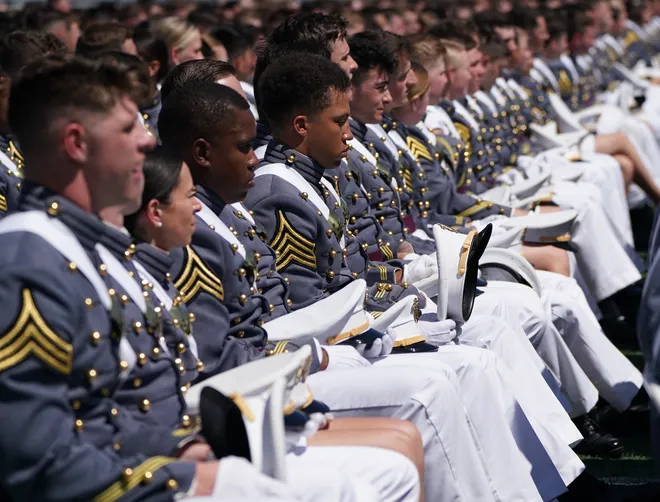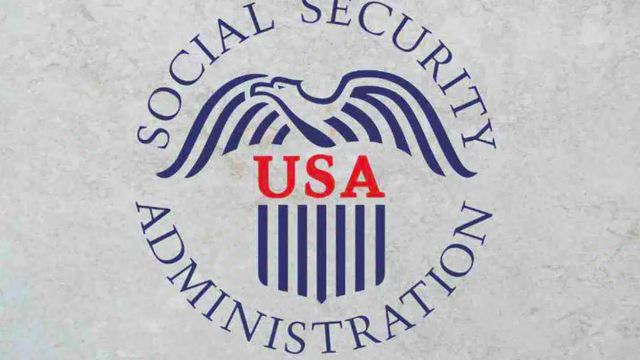In a pivotal decision, the Supreme Court ruled on Friday to allow the U.S. Military Academy at West Point to maintain its practice of considering race in admissions while facing legal challenges. The decision denied an immediate intervention request by the anti-affirmative action group, Students for Fair Admissions, which had sought to halt the use of race in West Point’s admissions process.
The legal battle stems from Students for Fair Admissions, a group known for successfully challenging affirmative action policies at Harvard College and the University of North Carolina. However, the Supreme Court’s 6-3 ruling last year, led by Chief Justice John Roberts, left military academies as an exception, acknowledging the distinct interests these institutions may have in race-based admissions programs.

The current case revolves around West Point’s admissions process and the group’s contention that it violates the equal protection clause of the 14th Amendment. While the Supreme Court denied the immediate injunction, the legal challenge continues, raising questions about the intersection of affirmative action, military priorities, and constitutional considerations.
The group, founded by conservative legal strategist Edward Blum, is representing a high school senior applying to West Point for the first time and a college freshman applying for the second time. Both applicants are white, and Students for Fair Admissions argues that West Point’s admissions practices are more egregious than those of Harvard, as the academy only provides preferences to three races: Black, Hispanic, and Native American.

Read more:
- OnlyFans Model’s Parents Arrested for Alleged Murder in Texas
- AG Bonta’s Operation: 10 Narcotics Smugglers Nabbed inSouthern California
- Arrests Made: Father-Student Arrested Following School Shooting Threats Report in California
- Breaking update: Columbia arrest in 2021 California murder case
The Supreme Court’s decision is rooted in the unique nature of military academies and their role in fostering a diverse officer corps, considered essential for troop effectiveness. The Justice Department, in its filing with the court, emphasized the importance of maintaining West Point’s admissions system, especially given the ongoing admissions cycle and the looming January 31 application deadline.
While the legal battle unfolds, the 2nd U.S. Circuit Court of Appeals, based in New York, supports a lower court’s decision that emergency action was not warranted. The denial of immediate injunctive relief by the Supreme Court does not express a view on the merits of the constitutional question, leaving the broader issues surrounding race-based admissions in military academies to be addressed in the ongoing legal process.
In its filing, Students for Fair Admissions contends that West Point’s practices are even more concerning than Harvard’s, citing the academy’s preference for specific racial categories and highlighting disparities in achieving diversity goals. The group argues that West Point’s practices disproportionately affect white applicants, making it imperative to challenge the constitutionality of the admissions process.
Notably, the Supreme Court’s decision also has implications for the legal challenge against the U.S. Naval Academy, as Students for Fair Admissions has filed a similar case against the institution. The trial for the Naval Academy challenge is scheduled to commence in September.
As the legal landscape surrounding affirmative action in military academies evolves, questions persist about the delicate balance between fostering diversity, addressing constitutional concerns, and fulfilling the unique needs of institutions like West Point. The Supreme Court’s decision to allow the continuation of race considerations in West Point’s admissions process underscores the complexity of navigating these issues within the broader context of higher education and military priorities.















+ There are no comments
Add yours